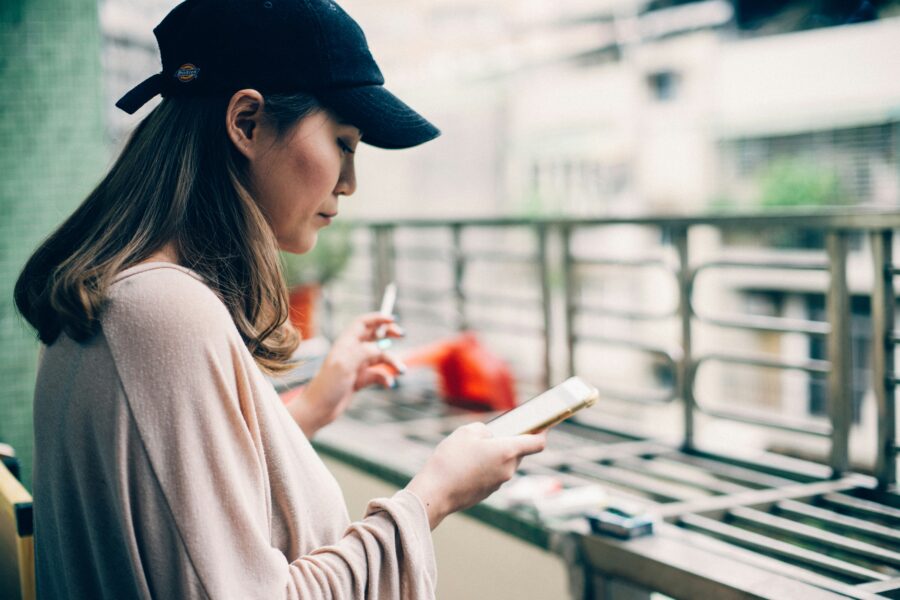
In a trend defying national decline, smoking rates have unexpectedly increased in parts of Devon, revealing a complex narrative of social dynamics, generational attitudes, and psychological motivations.
University campuses like that of the University of Exeter itself, might be at the heart of this resurgence. Students, often seeking connection and identity, are finding an unexpected social currency in cigarettes. As one student mentioned to the BBC, there’s a profound sense of “camaraderie” among smokers gathering outside social venues, transforming smoking from a health risk to a social ritual. This socialization aspect is more nuanced than mere addiction. Eva Wiseman’s provocative Guardian quote perfectly captures the cultural mystique: “They could persuasively prove that it killed people, but they were unable to convince anyone cigarettes were not cool.”
They could persuasively prove that it killed people, but they were unable to convince anyone cigarettes were not cool.
Eva Wiseman, The Guardian
The cultural landscape has been further complicated by social media influencers like Jacob Jones. While Jones himself does not condone smoking, his viral videos documenting social scenes and youth culture have inadvertently glamourized cigarette culture. His content, which often captures candid moments of young adults in social settings, has seemingly normalized smoking as part of a broader social aesthetic.
The trend isn’t limited to young adults however. For older generations, smoking represents nostalgia – a tangible connection to past social experiences. Meanwhile, the cyclical nature of fashion might be reinstating smoking’s aesthetic appeal, with different decades’ styles making a comeback. Michelle Gry Sonne, a 33-year-old PR professional, articulates this sentiment in The Guardian: “We like when things are a little casual and not so perfect and the cigarette feeds into that. You are out with friends and you are drinking, you are smoking and you know it’s not healthy but it’s your right to just enjoy yourself.”
the cyclical nature of fashion might be reinstating smoking’s aesthetic appeal, with different decades’ styles making a comeback.
Social pressure plays a significant role too. Many individuals find themselves gravitating towards smoker groups, creating an implicit invitation to participate. Vaping, by contrast, lacks the same cultural cachet – often perceived as utilitarian and somewhat childish.
Despite the social allure, the health consequences remain stark. Smoking continues to be a primary cause of preventable death, with significant implications for individual and public health. The local impact is significant – Devon alone spends nearly £30 million annually on smoking-related hospital admissions and primary care treatments. The long-term impact extends to social care, where the cost of supporting current and former smokers with smoking-related illnesses exceeds £248 million in Devon. In response to these concerning figures, Devon County Council has aligned with the national target of achieving smoke-free status by 2030. Local resources are available through One Small Step Devon, offering free specialist support that makes people three times more likely to quit successfully compared to trying alone.


